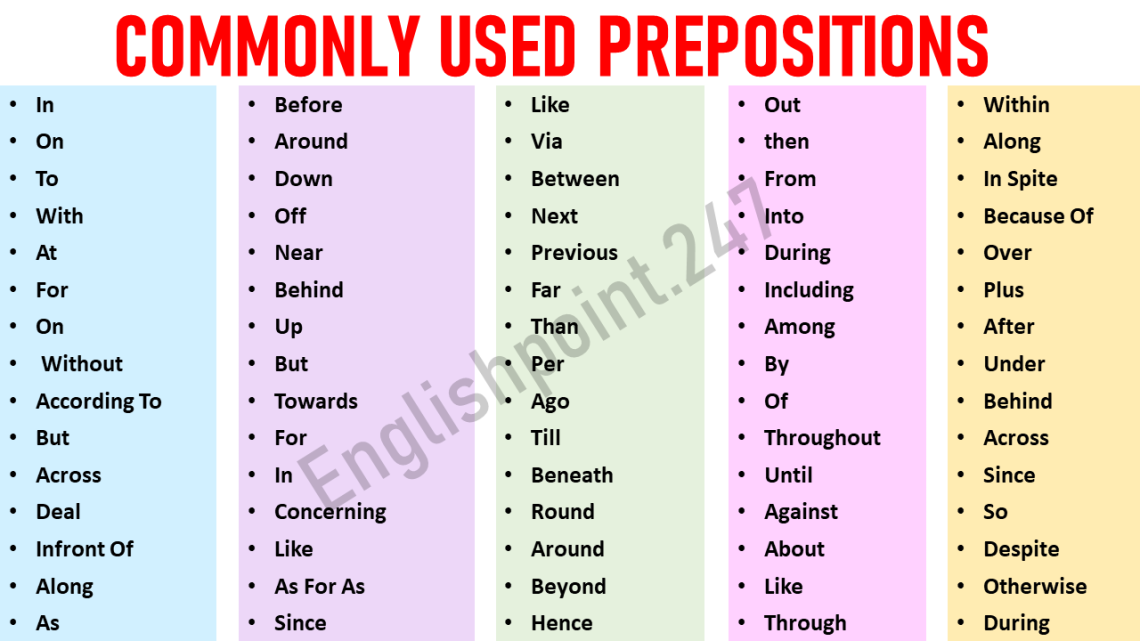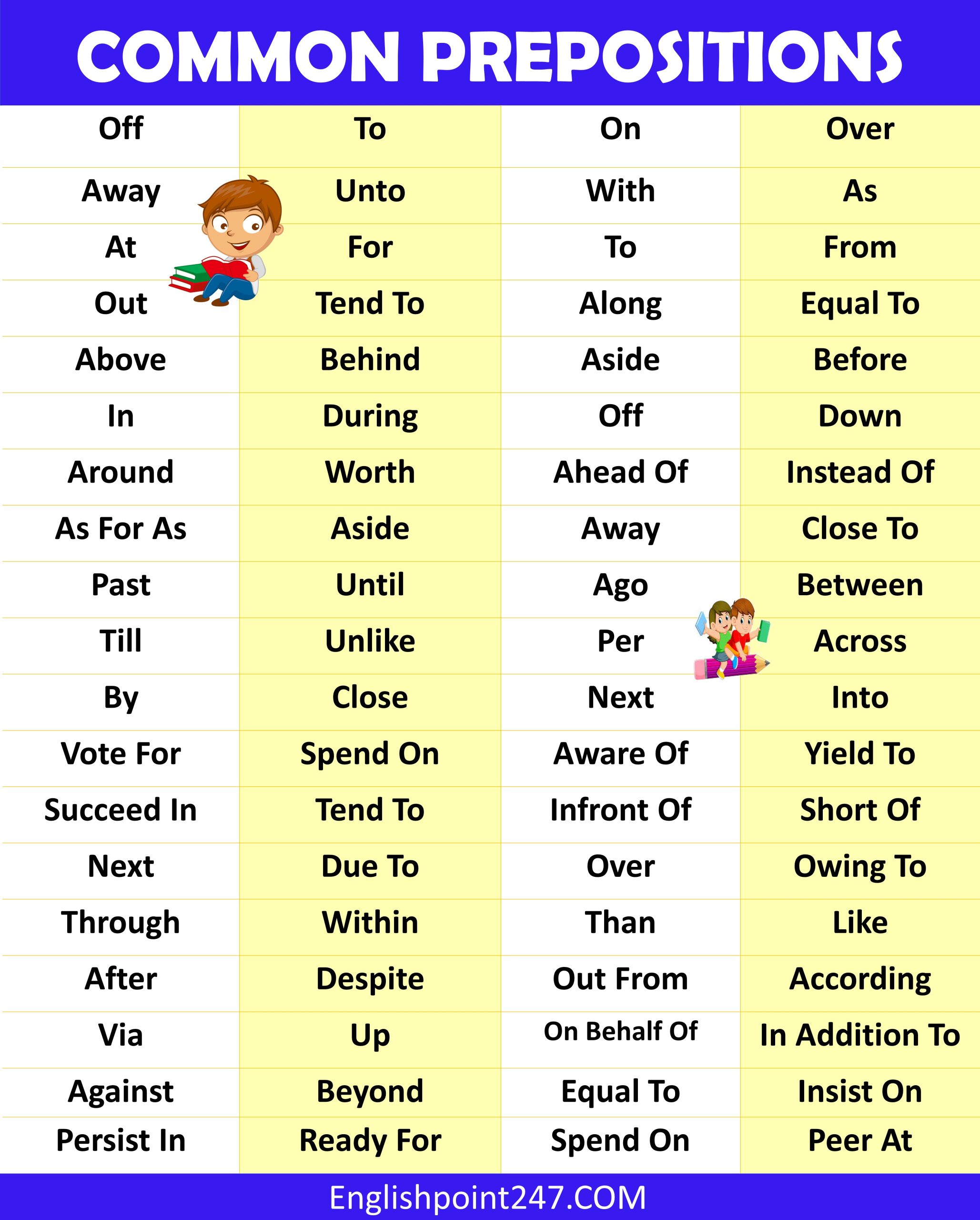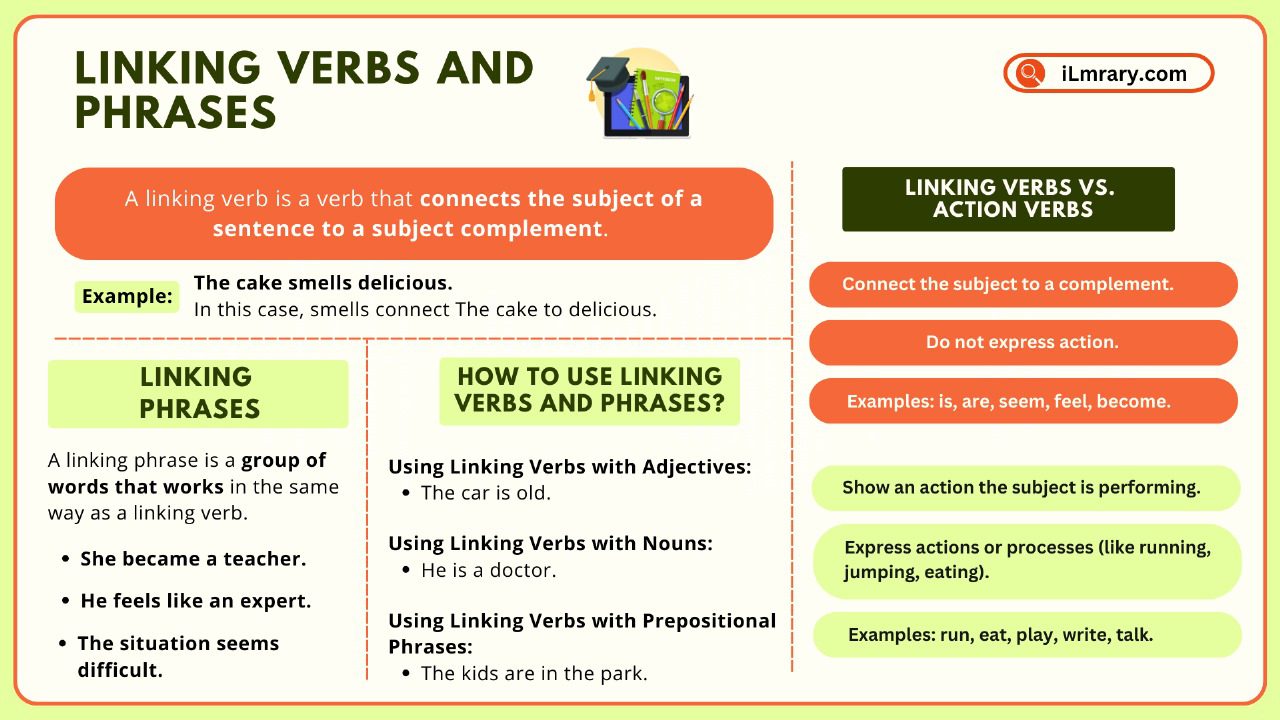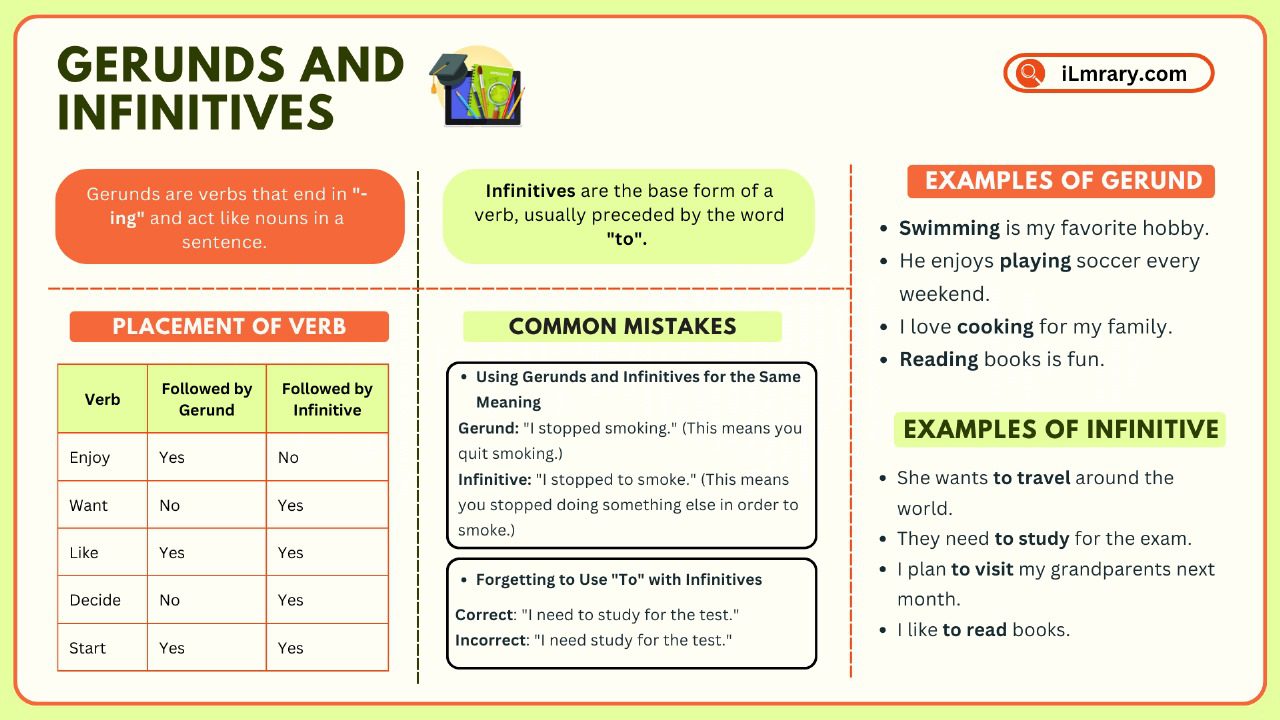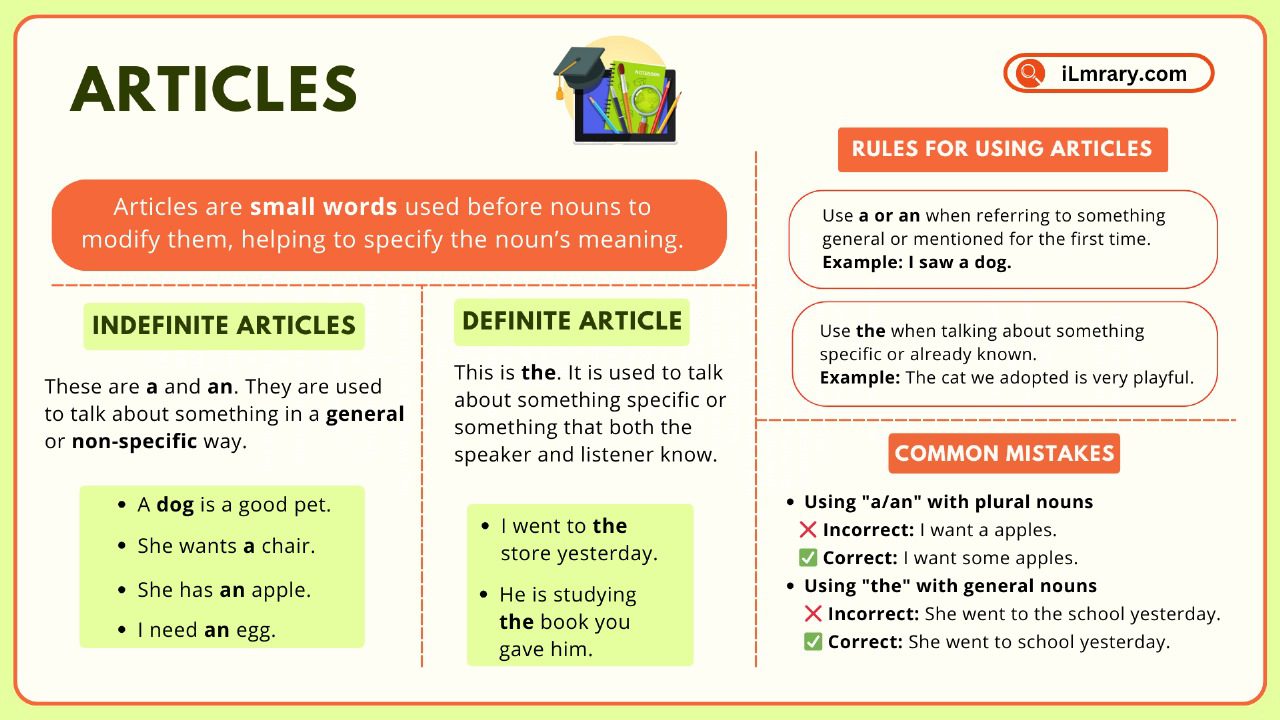Prepositions are the words or groups of different words which proceed the nouns or pronouns. These are used to express the location, position, direction, and time.
You can give them a name of linking or connecting words, as they link different sentences or phrases together. These are also used to relate noun, pronoun, subjects or objects in the sentences.
A preposition can be a short word like in, on, at, or to, or a single word like because, above, under, below, etc. Prepositions can also be in the form of a group of words like in front of, regard to, etc. by learning 100 Commonly Used Prepositions will make easier to speak ad write English.
Out of 2200 plus most commonly used words in English, we can find 150 plus prepositions. Out of those 150 prepositions, 46 prepositions are most frequently used. In fact, native speakers commonly use a handful of prepositions instead of hundreds of prepositions in their daily life. it is highly recommended to students to memorize 100 Commonly Used Prepositions
We daily come across prepositions, and almost every sentence is incomplete without a preposition. No doubt, it’s impossible to communicate in English without using prepositions. However, it’s very tricky to remember the rules of using prepositions. Though tough, it’s very important to learn prepositions, especially if you have to appear in a competitive English test.
Keeping in mind the importance of prepositions, you must try to learn as many prepositions as possible. In case, you don’t have a list of commonly used prepositions, we are here to help you. We are presenting here the list of most common prepositions to ease your communication and English learning.
We have represented a list of all the prepositions, whether transitive, intransitive, conjunctive, complex or phrase preposition. We have just summed up the most basic prepositions in this list.
Here is the list of commonly used prepositions:
- Beyond:
This matter is beyond my approach. - On behalf of:
I can’t do this on your behalf. - Through:
The water is running through the river. - Instead Of:
I will go to the library instead of the laboratory. - Within:
I need this within an hour. - Until:
I can’t start until he reaches here. - Unlike:
My shirt is black, unlike yours. - With:
Can you go with me. - Than:
This book is better than mine. - Per:
What is your budget per word? - Up:
Can you please stand up? - Like:
Your shirt is like my shirt. - Till:
I’ll wait till tomorrow. - Past: The past days are gone.
- Towards:
He was running towards the river bank. - Off:
Please take off your shoes. - Onto:
My ball fell onto the roof. - Before:
I will keep this book before you. - In Place Of:
I can give you this book in place of the other. - Owing To:
Owing to the fact that it’s raining, I can’t go to school. - Despite:
Despite rain, I will go to class. - Across:
She was looking across the river. - Around:
She was looking around. - In Case Of:
In case of any accident, you can contact me. - In Addition To:
In addition to this, I would like to explain something else. - Out:
Can you please go out? - Next:
- Her door is next to mine.
- Info:
- She is into him.
- For:
I ’ll go for a walk. - Near:
Her home is near to mine. - Via:
I’ll send the message via mail. - Close To:
Your house is close to mine. - Except:
Except this, do you have to say anything else? - Down:
Why are you looking down? - By:
She is standing by my side - Among:
She was sitting among us. - Between:
This is the matter between you and me. - Due to:
Due to the rain I can’t go to the market. - Of:
This table is made of wood. - Inside:
Can I go inside? - Hence:
Hence proved its wrong. - For:
This is for you. - During:
She was sleeping during the lecture. - In:
Money is in my pocket. - Over:
Turn over the pages. - Above:
The water in the river was coming above our knees. - As Far:
As far as the matter of negligence is concerned, this is not my mistake. - Away:
Why are you standing away? - As:
As you like - Aside:
Please sit aside. - Below:
The book is below the table. - Behind:
She kept the book behind me. - At:
I am at college. - As well as:
I can study as well as write English. - Against:
She is standing against me. - After:
I’ll go after you. - About:
What about you? - According:
Please write according to the instructions. - Ago:
This was a long time ago. - Along:
The picture is hanging along the wall.


